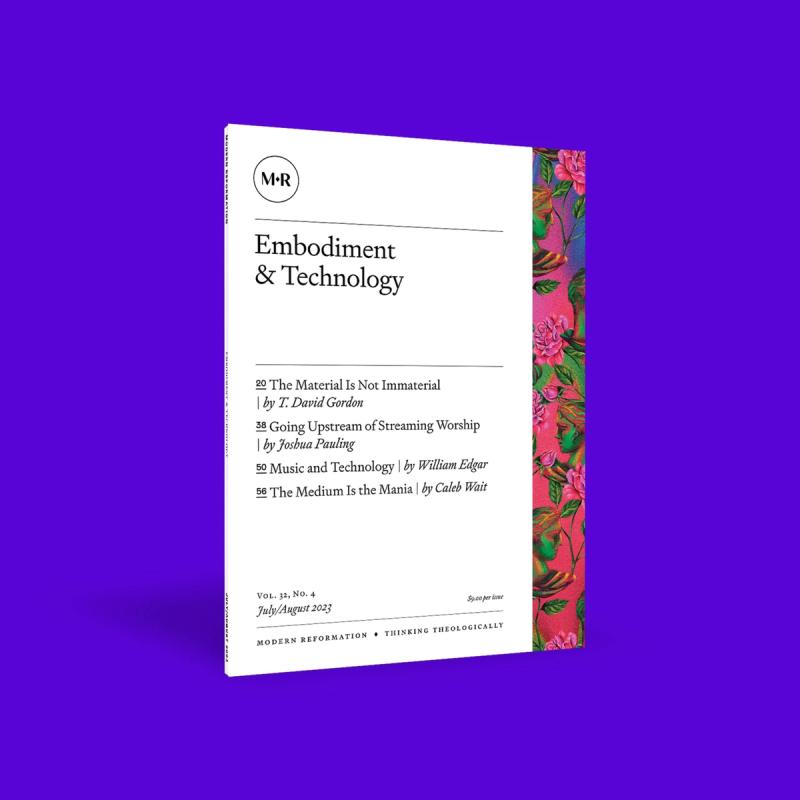Where are you? Maybe sitting on your couch at home or looking at your phone on a walk. But what if we try to get more specific? Where are you, your self—the unique location of your personal consciousness and agency? If we know our Bibles, we might point to our chests and say we’re our hearts. (We might even point to our “bowels”— if we’re reading 1 John 3:17 in the King James— and say we’re also our feelings!) Christians sensitive to modern materialism might say our true selves are our spirits or souls. But most people nowadays, if you ask us to get that technical about it, will point to our heads. Really, your brain is where you are. Modern people know that everything we think, want, and feel happens between our ears.
Or does it? Here’s something that may seem counterintuitive: Many of the best artificial intelligence researchers have realized for decades that the main challenge confronting the development of true AI is the fact that thinking requires embodiment.* Try perceiving without senses. Try making wise decisions without context or constraints.
In this issue, we’re exploring the fascinating themes at the intersection of embodiment and technology and what these can teach us about God and ourselves. Many philosophers over the centuries have taught that the unique location of personal consciousness and agency is the immaterial soul. This seems directly contradictory to the modern view that we are simply the precise configuration of chemicals and proteins in our brains. But is the true self as soul so different, in practical terms, from the true self as mind ? Either way, you remain a hidden, inner reality. This disembodied notion of human identity seems even more plausible nowadays with so many digital alternatives to real presence. All the while, we’re asked to ignore the obvious fact that we’re still sitting here, every one of us living, breathing bags of mostly water, thumbing sheets of printed paper or poking slabs of polished glass. We are undeniably, astonishingly—even embarrassingly—bodily. And that’s good because God’s word says so. “Very good,” in fact (Gen. 1:31).
It’s not only good to be bodily; it’s essential to the good news. The gospel isn’t a spiritual idea, but a flesh-and-bone fact. The eternal Son of God took on our flesh. The location of your redemption was a desecrated hill outside Jerusalem. Blood smeared upon a splinter-ridden cross. Being embodied is now inseparable from who Jesus is, sitting triumphant at the right hand of the Father, coming again in glory to judge the living and the dead.
Your self is where you are, body and soul. And it’s true that you’re also hidden—but not within your inner self. You’re hidden with Christ in God (Col. 3:3), and one day, where he is, there you will be also.






